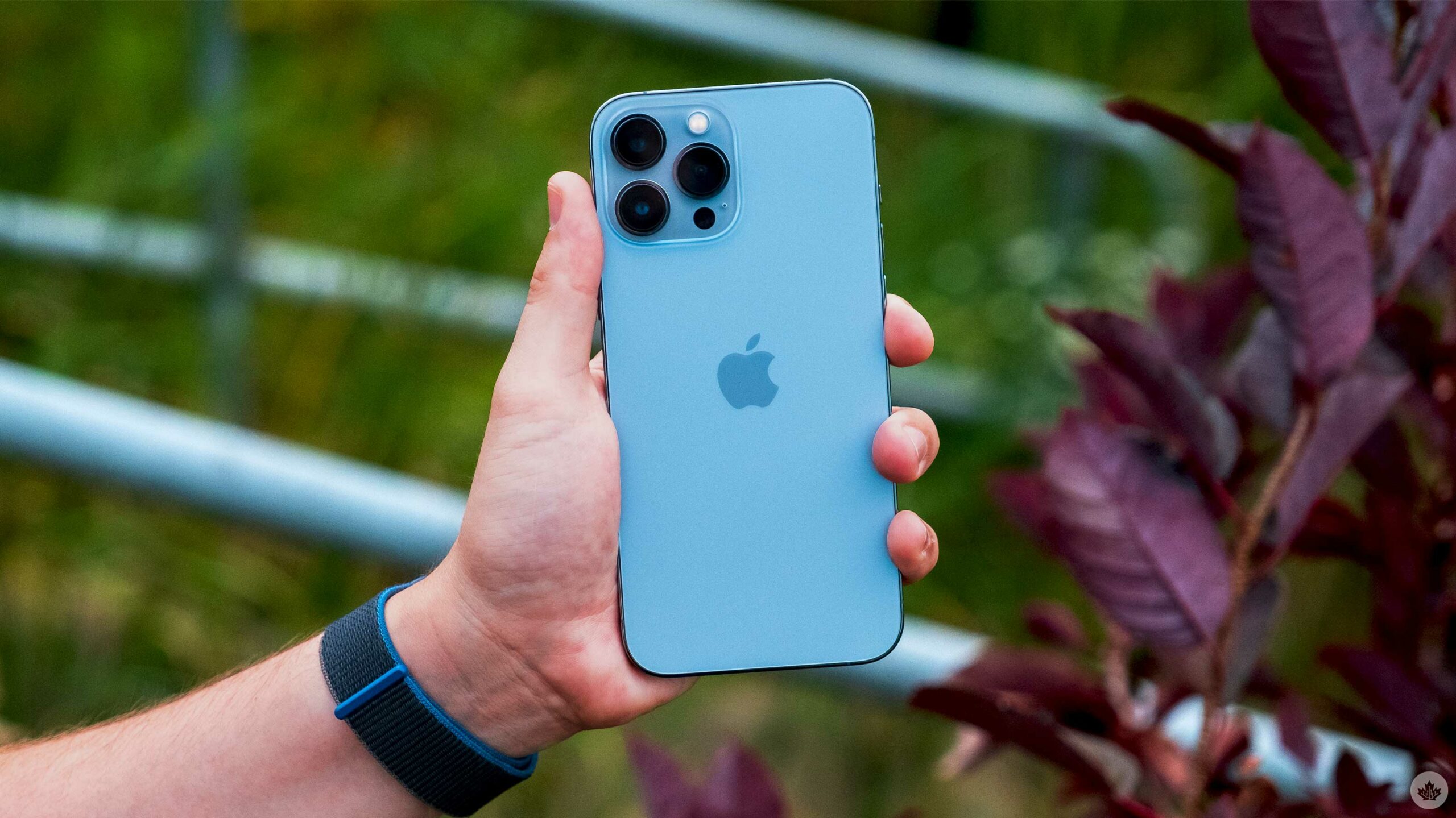
If you want fast updates on iOS, you should probably do them yourself instead of relying on automatic updates.
At least, that’s the word from Craig Federighi, Apple’s senior vice president of software engineering. A Reddit user shared in a post that they emailed Federighi asking about how the auto-update system works after seeing posts online about how it worked slowly.
Federighi responded, writing:
“We incrementally rollout new iOS updates by first making them available for those that explicitly seek them out in Settings, and then 1-4 weeks later (after we’ve received feedback on the update) ramp up to rolling out to devices with auto-update enabled.
Hope that helps!”
In other words, Apple delays rolling out automatic updates to devices until it’s certain there are no major issues with the update to users who manually request it from their device. It’s actually a pretty smart way to go about updates since the people who manually trigger an update might be more knowledgeable and equipped to deal with any issues if something goes wrong.
As some others have pointed out in the Reddit thread, delaying automatic updates helps relieve pressure on Apple’s servers as well.
So, if you want to make sure your iPhone or iPad is up to date as soon as possible, make sure you head into the Settings app and manually start the update process next time Apple releases a version of iOS or iPadOS. Otherwise, you could be waiting a little while.
That said, Federighi’s email doesn’t address the App Store’s automatic app updates, which, frankly, don’t work. A few Redditors mentioned this, but I’ve experienced this too — almost every time I check for updates in the App Store, I have dozens of weeks old updates waiting to be downloaded, despite having automatic app updates turned on.
MobileSyrup may earn a commission from purchases made via our links, which helps fund the journalism we provide free on our website. These links do not influence our editorial content. Support us here.


